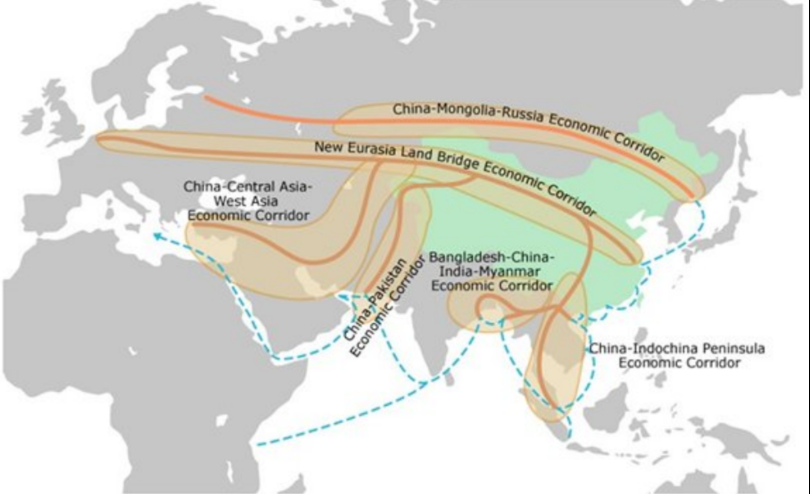
Dan Steinbock, Founder, Difference Group
Aug 26, 2022
In its pursuit for unipolar primacy, the Biden administration is risking the economic stability of China, the West, emerging Asia, and the futures of the Global South.

Jan 29, 2018
China is determined to fight three critical battles: preventing and resolving the major risks, conducting targeted poverty reduction, and controlling pollution.

Lucio Blanco Pitlo III, President of Philippine Association for Chinese Studies, and Research Fellow at Asia-Pacific Pathways to Progress Foundation
Oct 24, 2017
Most of the living and non-living resources in South China Sea are clustered in near coastal waters of littoral states and such resource mapping has far reaching implications in terms of defining potential areas for joint development. Creating potential for joint development of resources between China and the Philippines would put a premium on economic cooperation which has been actively pursued by the Duterte government. While public acceptance and legal challenges remain, it ultimately will be a political exercise of defining national interests and calculating domestic and international responses.

Lawrence Lau, Ralph and Claire Landau Professor of Economics, CUHK
Jul 06, 2017
Despite all the predictions of doom by Western pundits in 1997, Hong Kong has done well since its reversion of sovereignty to China twenty years ago.

Sarah Cook, senior research analyst for East Asia at Freedom House
Jun 29, 2017
As unusual as the recent detention of three labor activists in Jiangxi may seem, particularly given the case’s connection to the U.S. president’s daughter, it actually reflects broader trends related to labor rights in China. While new labor reform laws have yielded some positive results for Chinese workers, they’ve triggered new challenges. A strong response from the United States could not only help the men avoid prison, but also offer critical support to all Chinese workers.

Joseph S. Nye, Professor, Harvard University
Jun 14, 2017
While the BRI will provide China with geopolitical gains as well as costs, it is unlikely to be as much of a game changer in grand strategy. A more difficult question is whether the US can live up to its part.

Tom Watkins, President and CEO of the Economic Council of Palm Beach County, FL
Jun 07, 2017
China has pledged to connect Central Asia with Southeast Asia – reminiscent of the Silk Road – also connecting the Middle East and Africa with a massive infrastructure project set to surpass America’s Marshall Plan that rebuilt Europe after World War ll. Our leaders at the national, state and local level need to find ways to assure China's continued rise does not come at our demise.

Justin Yifu Lin, Former Chief Economist, The World Bank
Yan Wang, Senior Fellow, the Center for New Structural Economics, Peking University
May 09, 2017
More than 60 countries have welcomed Chinese President Xi Jinping’s “One Belt, One Road” initiative, what is China’s rationale for pursuing this grandiose vision – one that so many countries, especially in the developing world, have embraced?

Fu Mengzi, VP, China Institutes of Contemporary Int'l Relations
May 31, 2017
The Belt and Road Initiative proposed by President Xi Jinping in autumn 2013 has attracted extensive international attention in the past nearly four years. On May 14, Xi delivered a keynote speech at the opening ceremony of the Belt and Road Forum for International Cooperation. It was a highlight of the forum.

Chen Dongxiao, President, Shanghai Institutes for International Studies
Jun 01, 2017
Shaping, coordinating, and stabilizing domestic and international expectations concerning the Belt and Road Initiative will maximize the positive effect of economic policy and minimize potential negative side effects. Four years of achievements and experience have made it clear that the initiative not only promises huge immediate and long-term business opportunities but also requires striking a balance between seizing every opportunity available and guarding against possible risks.